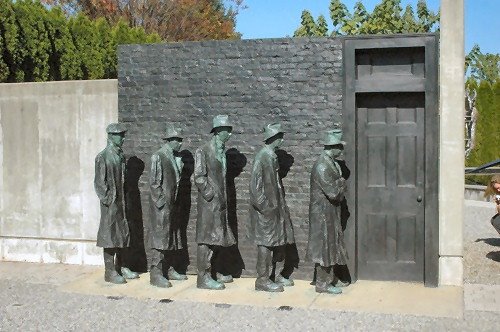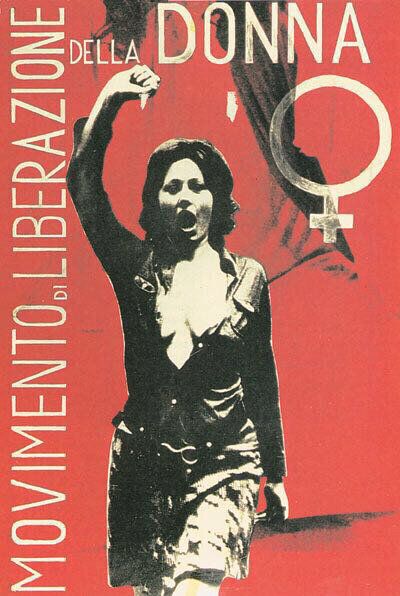Pagine
Condividi e segnala
Tag
- Althusser
- Antropologia
- Baumgarten
- Bourdieu
- Conceivability of Nothingness
- Conciliation
- corpo
- Derrida
- Dialectics
- Difference
- distinzione
- Europe
- Expression
- giudizio
- Grace
- Habitus
- Heidegger
- Hobbes
- Kant
- linguaggio
- Lyotard
- marxismo
- Medieval Aristotelianism
- Metaphysics
- Nature
- Negative
- Nichts
- nihil
- Nihilism
- nihil negativum
- nihil privativum
- Non-identical
- Nothing
- Nothingness
- onore
- politica
- postmoderno
- pratica
- riconoscimento
- Smith
- solitudine
- Sovranità
- Spinoza
- Thomas Aquinas
- Western Ontology
-
Articoli recenti
Link
Archivi categoria: Presenza e assenza del popolo nel dibattito politico contemporaneo
Popolo, domande sociali e istituzioni populiste. Populismo in e oltre Laclau
Rocco Picciotto Maniscalco
Università degli Studi di Urbino Carlo Bo
rocco.picciotto.maniscalco@gmail.com
 George Segal
George Segal
Abstract: The main objective of this essay is to critically analyze part of the thought of Ernesto Laclau, one of the most important South American intellectuals of the last decades, especially referring to one of his most important works: On Populist Reason. The text will be divided into 3 parts: in the first one, I will briefly introduce the thought of the Argentine philosopher, highlighting the most problematic parts and less consistent with the theoretical framework of Laclau himself. … Continua a leggere
Dal popolo ai suoi soggetti: cittadini, denizens, lavoratori nell’epoca neoliberista
Giorgio Cesarale
Università degli Studi di Venezia Ca’ Foscari
giorgio.cesarale@unive.it

Abstract: Is neoliberalism a threat to citizenship? This question is answered with the help of Bryan S. Turner’s analysis of the contemporary obsolescence of citizenship in a market-driven society. According to him, the neoliberal citizen has become similar to the denizen, because the former now enjoys less rights; his/her ethical belonging to the State and the people has been weakened; he/she does not participate in political opinion- and will-formation. The argument of this article, though, is that citizenship itself must be re-examined, re-framing it as … Continua a leggere
Da Olympe de Gouges alla Rojava. La critica femminista del popolo tra differenza e uguaglianza
Roberta Ferrari
Università degli Studi di Bologna
roberta.ferrari6@unibo.it

Abstract: To understand the feminist critique of the concept of people means reconstructing the semantics of a struggle on the body of the nation, exploring the relationship, the paradoxes and the contradictions between equality and difference. It means showing the external and internal struggle waged constantly against the political neutralization and the social valorization of the difference by political, social and economic institutions. Above all it means questioning the problem of political unity and the way in which the feminist critique has unveiled its patriarchal character. … Continua a leggere
I popoli mancati del momento populista e le sfide dell’eterogeneità
Adalgiso Amendola
Università degli Studi di Salerno
adaamendola@unisal.it

Abstract: According to many interpreters, since 2015 we live a “populist moment”. With “populist moment”, they intend to bring very different movements to a common matrix, the reaction to neoliberalism. In a “populist moment”, it would be inevitable, also for progressive and emancipatory movements, express their social demands in populist language. But, on one hand, populist movements are internal responses in the crisis of neoliberalism, more that an opposition to neoliberalism. On the other hand, populism cannot resume heterogeneity and multiplicity of emerging political subjectivies into the … Continua a leggere
